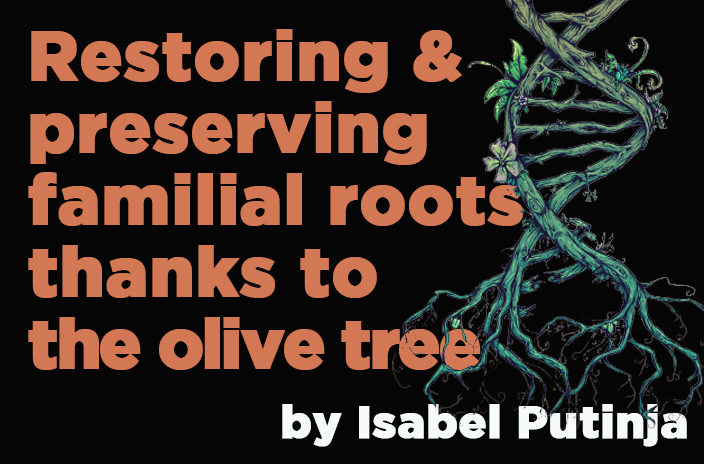
Restoring and preserving familial roots thanks to the olive tree
Restoring and preserving familial roots thanks to the olive tree.
The roots of the olive tree run deep, often halfway around the world. Here we share the stories of two producers for whom the olive tree has a special significance. These producers have familial links to the olive tree and have put down new roots in ancestral lands from where their families were once uprooted.
Steve Luczo from the United States and Michaël Zeitoun from France are both tending olive groves and managing farms in their parents’ lands of origin, Sicily and Tunisia respectively. For these producers, nurturing the olive tree is a way to pay homage to their ancestors and re-establish a link with their familial land.
STEVE LUCZO: FROM THE UNITED STATES BACK TO SICILY
Steve Luczo hails from the United States but has family roots in Sicily, the Mediterranean island in Italy’s deep south. It’s only relatively recently that he reconnected with his ancestral lands which today make up part of Bona Furtuna, a 300-hectare organic farm of 12,000 olive trees near Corleone.
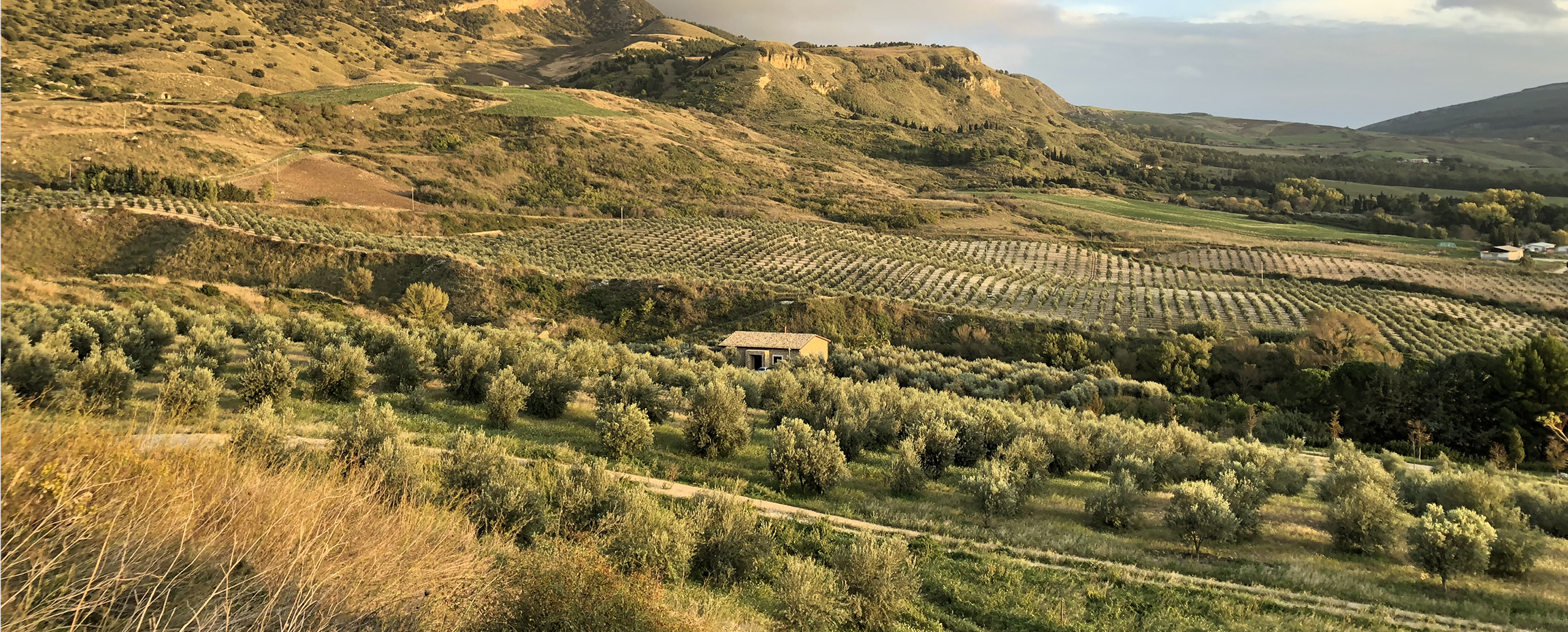
“The grove is on a farm that includes the land of my maternal grandparents,” he says by way of introduction to the story of Bona Furtuna. “My grandmother told me of the beauty of the land from where she came. When I was 10 years old, I made a promise to myself to one day find the land and try to have it brought back into our family. We were able to acquire the small piece of land she was born on in 2012. Since that time we have acquired an additional, surrounding 350 hectares and we cultivated about 30 hectares for olive trees.”
Revival of an ancient Sicilian cultivar
What first began as a way to pay tribute to his father’s dream eventually became an encompassing passion. “When I first embarked on this adventure in olive oil, it was as a homage to my father. He had never asked me to take care of his olive trees, and before his death had told me to do what I like with the grove. I think that maybe he wanted that I don’t do anything at all, because he understood that it would be a challenge for me, especially because I wasn’t in Tunisia and would have to travel back and forth.”
After acquiring the land in 2012, an irrigation system was developed to guide water from a nearby natural spring to the farm. A few months later, the first olive trees were planted in addition to the property’s existing 1000-year-old trees. Today 13 different olive varieties, almost all native to Sicily, are produced at Bona Furtuna. These include a rare ancient cultivar called Biancolilla Centirara which was discovered and revived by the scientist Dr. Pasquale Marino, who is today the farm’s master botanist.
“The single varietal olive oil has won numerous awards globally,” says Luczo of Bona Furtuna’s extra virgin Biancolilla Centirara olive oil. “The oil is green, clear and brilliant. On the nose it is of medium fruit of green olives with hints of flowers and aromatic herbs. On the palate, it is bitter and spicy with an aftertaste of artichoke, almond, tomato leaves and spices.”
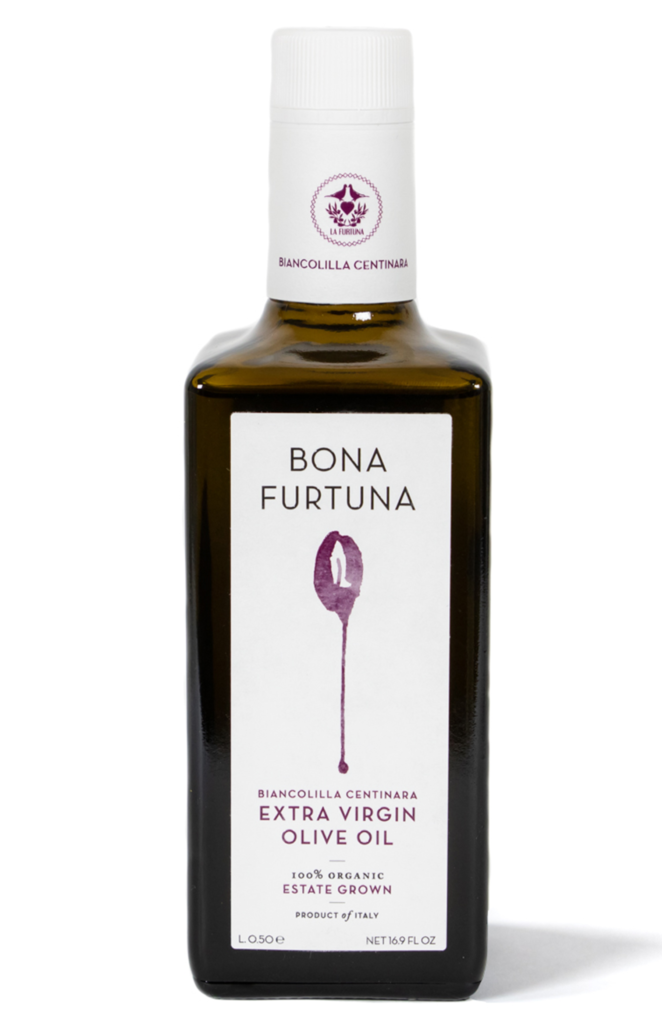
Trials and tribulations
“Coordinating activities between Italy and the USA is a challenge, but one we undertake with great pride and respect each day,” says Luczo about the demanding work of running an olive farm. Olives are harvested by hand here and processed immediately on-site with the farm’s Alfa Laval press. A selection of award-winning monovarietals, blends and infused olive oils are currently sold in the United States via the Bona Furtuna website, with teams in Italy and the United States supporting the business side of things.
He reveals that other challenges faced by the farm are largely related to nature, in addition to local regulations. “We are an organic producer, so the battle against pests, weather and other threats is always more of a challenge in terms of effectiveness and costs. These costs are difficult to pass on to consumers, and the additional government regulation that is required for organic producers is also difficult to manage from a cost and responsiveness perspective.”
Home is where the olive farm is
Having kept his promise to himself and recovered his grandmother’s land where his family heritage has been traced back at least eight generations, Luczo feels a deep connection with the farm he has nurtured. “Since the farm is on the land where my maternal grandparents were born, it feels part of me whenever we are there,” he says.
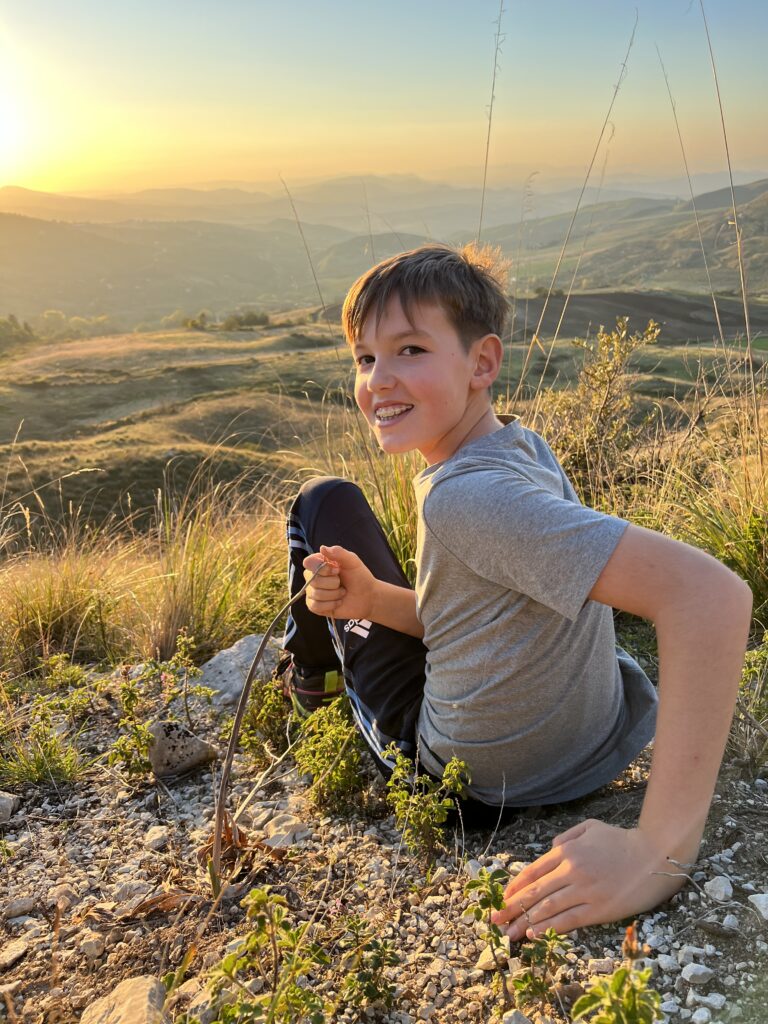
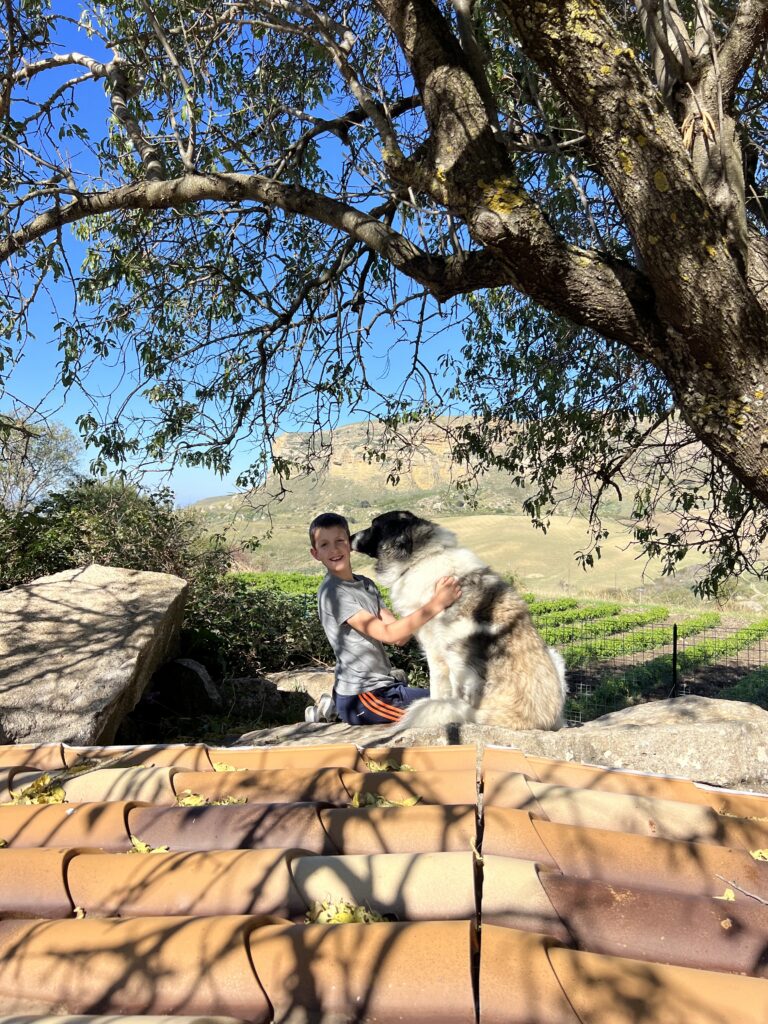
“This has been an amazing journey for everyone at Bona Furtuna,” he adds. “Our goal is to provide the healthiest and best food products that Italy has to offer, while also providing a successful path to others in Sicily. We have invested our time, money and energy into the project for 10 years now, and I feel we will be in a position to be cash flow positive within the next 2-3 years. If we are able to do this, and do it in a way where we have respected our values and respected the land, we will have accomplished something of which we can all be very proud.”
MICHAËL ZEITOUN: BETWEEN FRANCE AND TUNISIA
Michaël Zeitoun is a real estate professional living in France who also manages and runs La Maison Parcelle 26, an olive farm and olive oil business in Tunisia, the seeds of which were first planted by his father. Born in Tunisia, his father left the country at independence in 1956 like many other Tunisian Jews had done at the time, and moved to France. “But he never really cut ties with the country,” says Zeitoun. “When I was a child we would spend every summer there.”
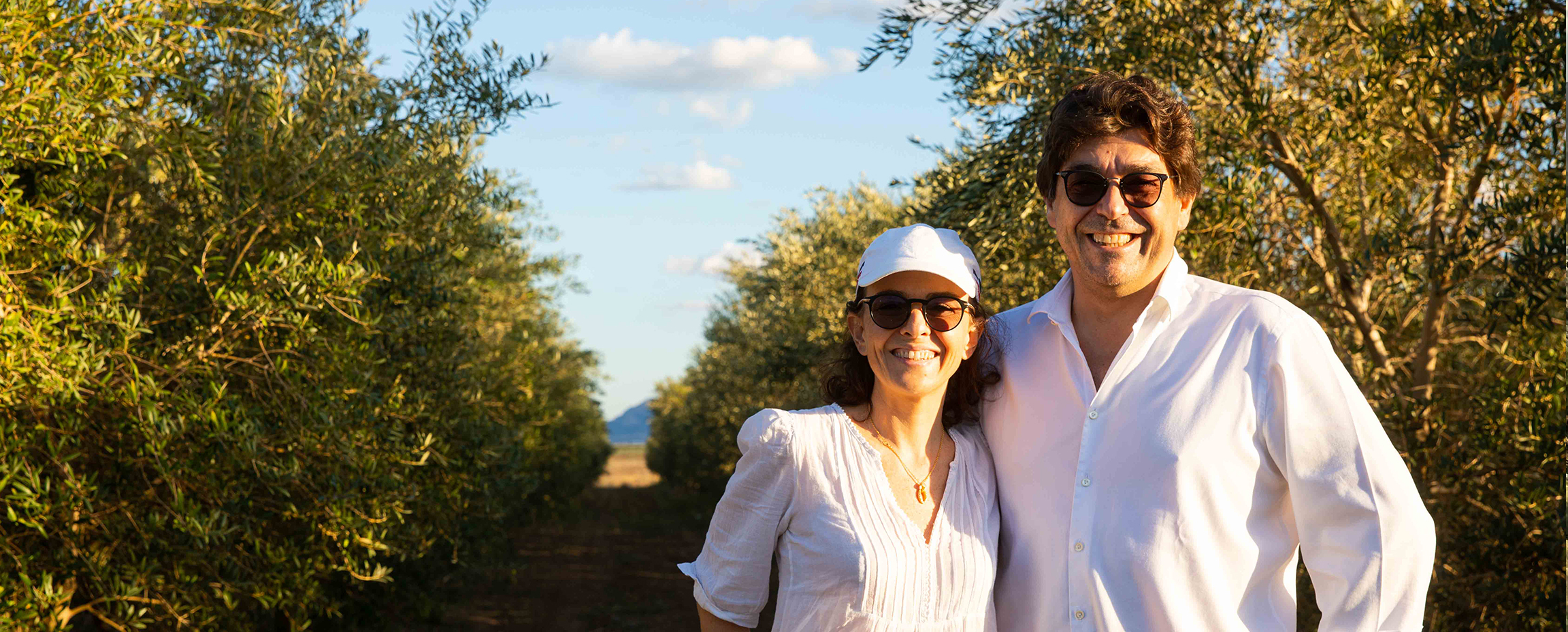
From father to son
At 82, his father returned to Tunisia and fell ill shortly afterwards with leukemia. Though he was given only six months to live, he made a miraculous recovery. Then at 86 years of age, he decided to plant some olive trees: 60,000 trees of the Chetoui and Arbequina varieties on land in Zaghouan Governorate, just south of the capital Tunis. “He always had a certain nostalgia for his father’s olive trees,” says Zeitoun. “And one day he said to me: ‘I’m going to plant some olive trees.’ He bought some land and planted them, and this is the olive farm that I’m managing now.”
Unfortunately his father passed away two months before the appearance of his first olives. By then the trees were four or five years old. “One month after his death I found myself with all these trees full of olives. And I didn’t know what to do with them. But since this was his very last project, I wanted to do my best to take care of the grove,” says Zeitoun of the beginnings of La Maison Parcelle 26.
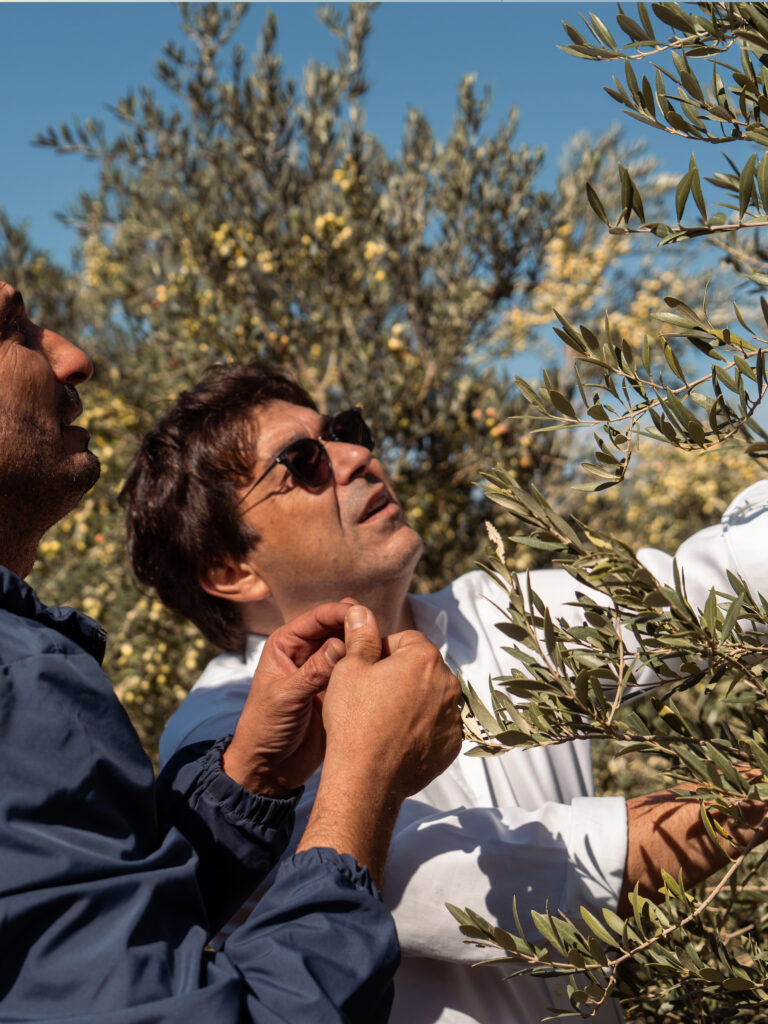
Zeitoun spent two years working to bring the farm to a state of optimal production. “It was difficult for me at the beginning to travel so often to Tunisia from France. I have my family and job in France. And I had no clue about agriculture. For the first two and a half years I would travel to Tunisia every two or three weeks to check on the work going on at the farm. I also spent this time learning and reading a lot about olive cultivation.”
From a homage to a passion
What first began as a way to pay tribute to his father’s dream eventually became an encompassing passion. “When I first embarked on this adventure in olive oil, it was as a homage to my father. He had never asked me to take care of his olive trees, and before his death had told me to do what I like with the grove. I think that maybe he wanted that I don’t do anything at all, because he understood that it would be a challenge for me, especially because I wasn’t in Tunisia and would have to travel back and forth.”
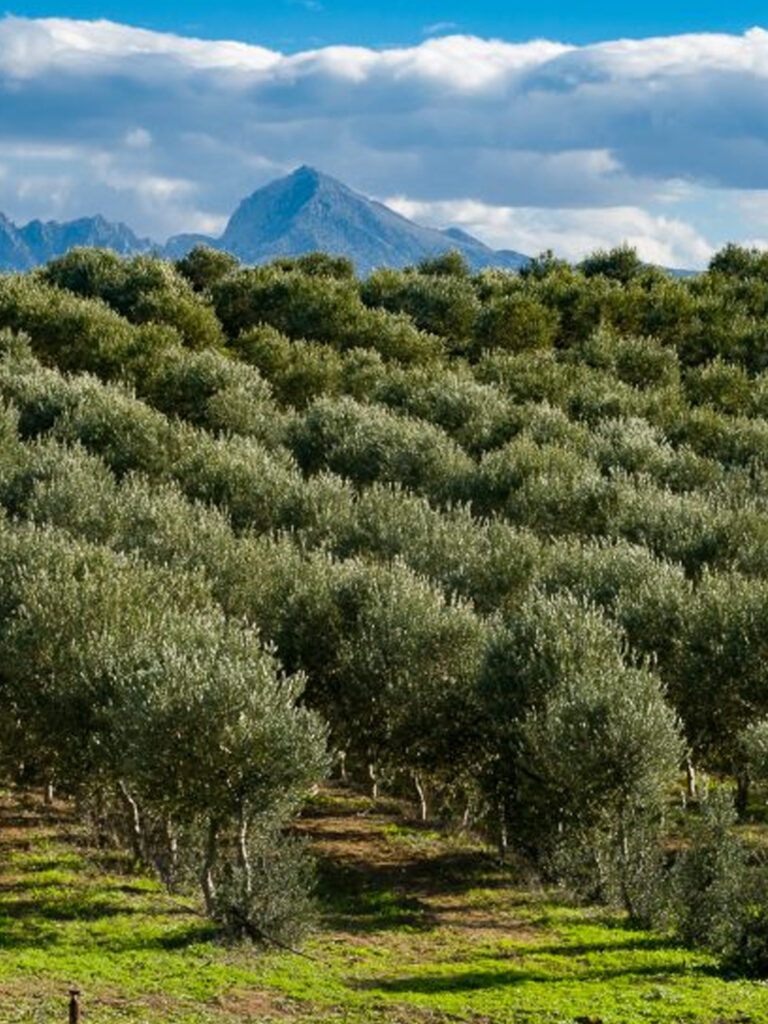
Zeitoun came to realise that his father had planted the olive grove after recovering from his illness as a sort of testament, a way to leave something tangible behind him. “I wanted to finish the work that he had started in a proper way. But I went further by building up the farm and setting up the mill. I don’t think he had imagined that I would go so far,” he says.
Creation of a premium olive oil brand
The next step was to create a premium olive oil brand, Parcelle 26, from scratch which involved overseeing its production, creating a website and webshop, and setting up an olive mill on-site. “I wanted to take over and develop my father’s grove as a homage to him, but I wanted to go even further and launch a premium olive oil as a mark of appreciation for his work,” he says of his venture. La Maison Parcelle 26’s olive oil production unit was launched in November 2019, with the very first bottles of olive oil making an appearance before the first Covid lockdown. Today Parcelle 26’s award-winning monovarietals and blends are sold in France, Belgium and Luxembourg.
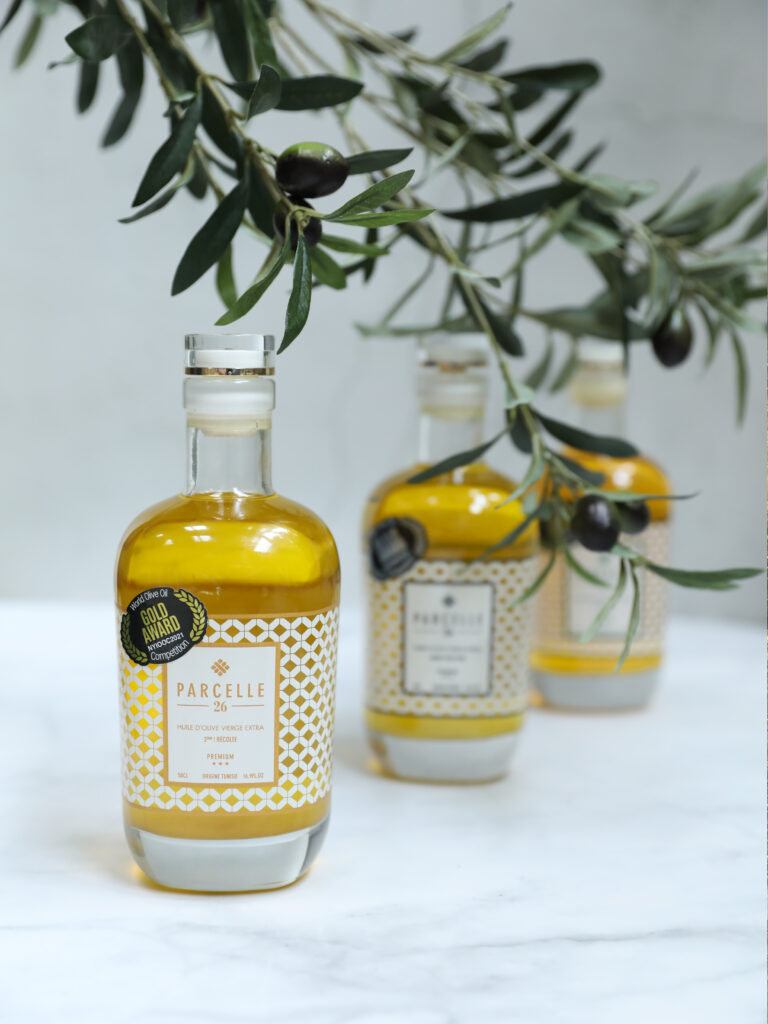
“My objective is to make the best oil possible,” says Zeitoun. “So every year after the olives have been harvested and pressed, I start work on producing the best olives possible for the following year. It’s a passion as well as a challenge, and I constantly ask myself what I can improve. This year I’m experimenting with using organic fertilisers instead of compost. So every year I start again, by aiming to do better and more.”
The world’s best olive oils are coming to Paris again this March during the 7th edition of Olio Nuovo Days. The Ritz-Escoffier School at the iconic Ritz Paris on place Vendôme will be the prestigious venue for this international olive oil competition taking place from March 22nd to 24th.
To join the Olio Nuovo Days Masterclass on March 24th, register your interest by contacting Olio Nuovo Days at north@olio-nuovo.com